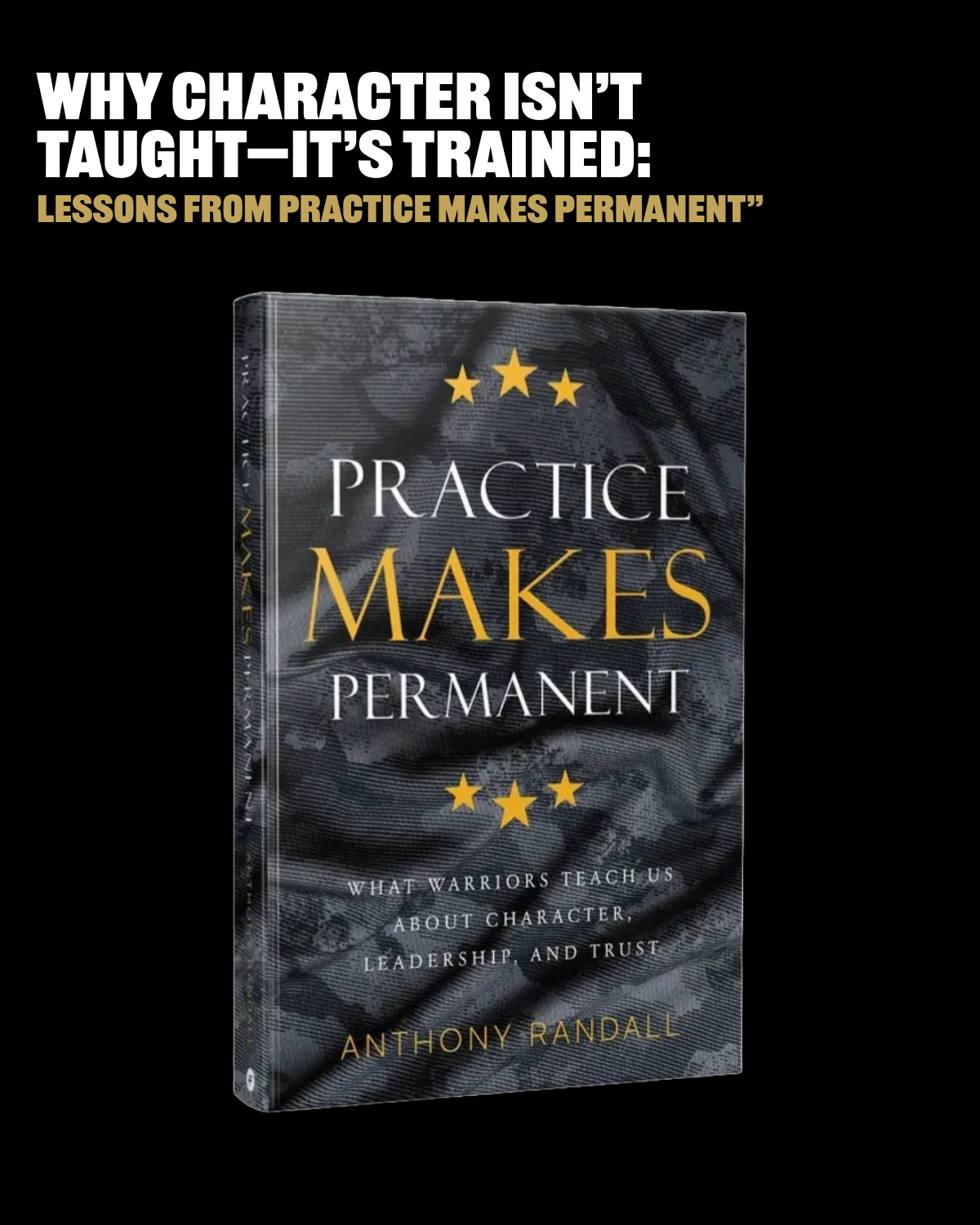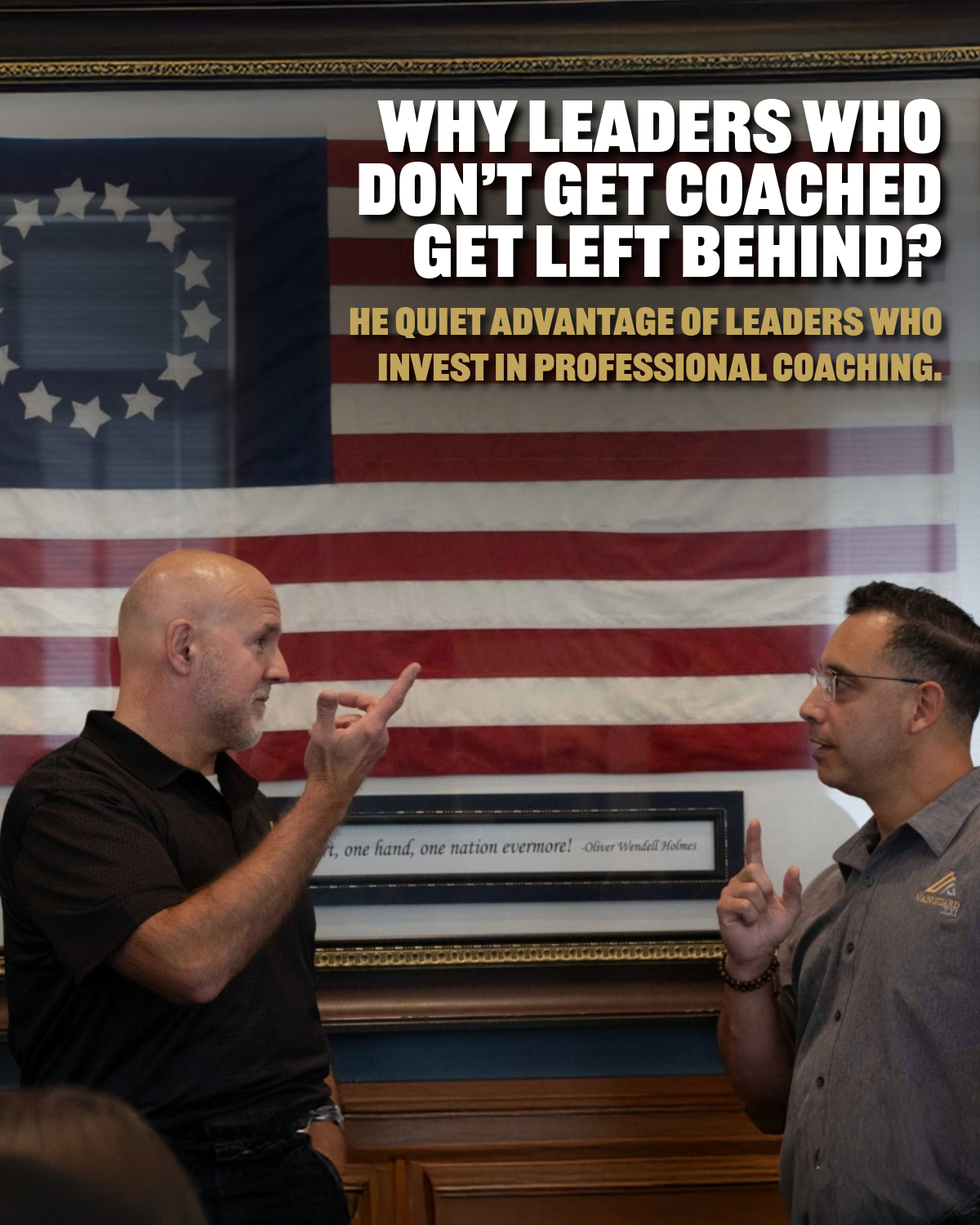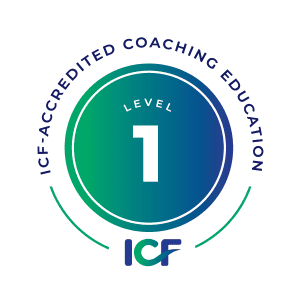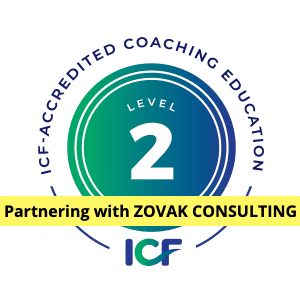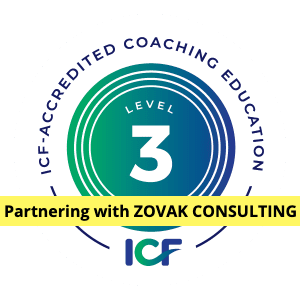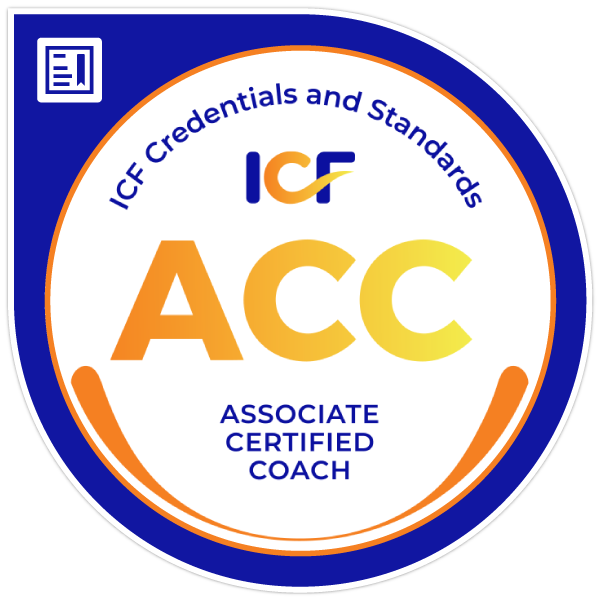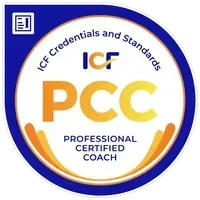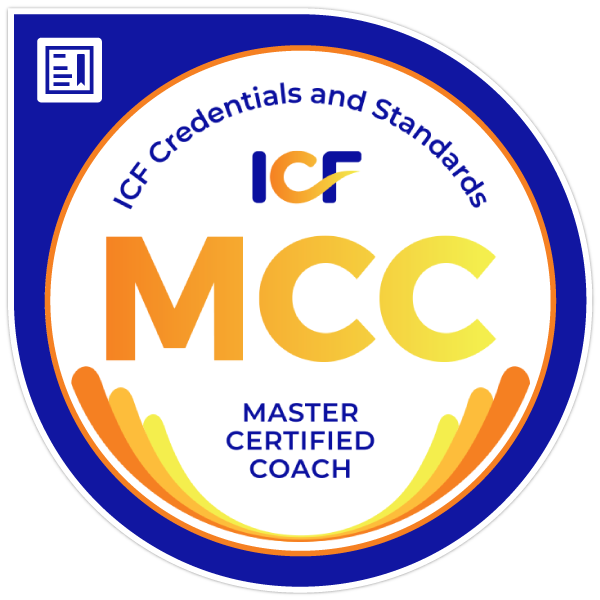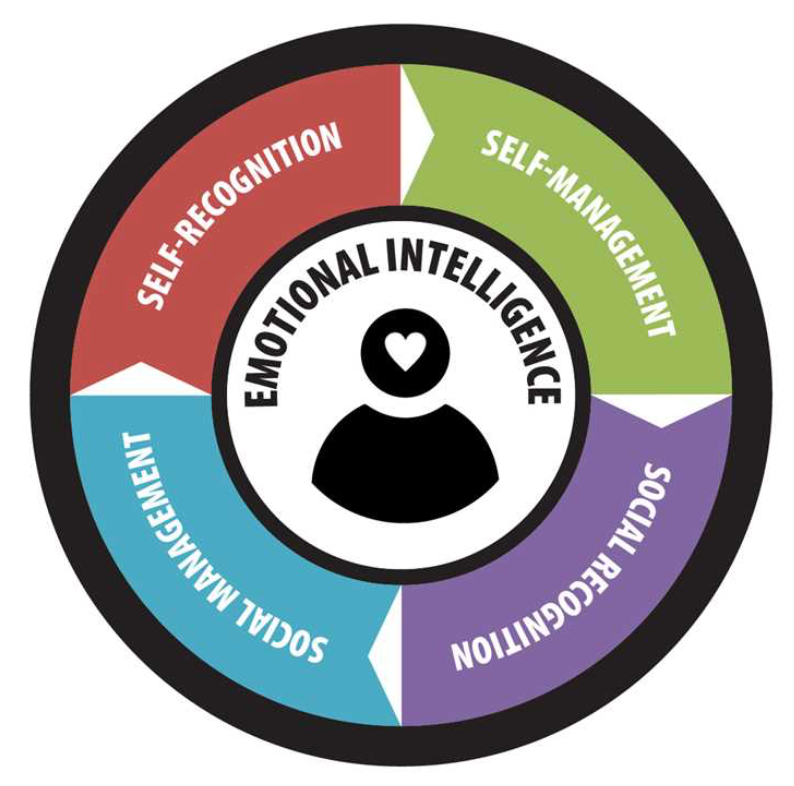The Power of Intentional Circles: How Vanguard’s Relationship Mapping Model Fuels Transformational Growth
Transform Leaders – Forge Excellence – Win
We live in a society where people often celebrate rugged individualism, but transformation rarely happens in isolation.
At Vanguard XXI, we’ve learned that transformational growth—personal, professional, and organizational—is accelerated when surrounded by the right people. That’s why we use the coaching tool, Intentional Circles Relationship Mapping Model—a strategic coaching tool designed to help leaders identify, cultivate, and activate the relationships that matter most for growth.
Why Intentional Circles?
We often ask people to reach courageous goals or navigate change without helping them assess who’s in their corner to accomplish them. The Relationship Mapping Model invites individuals to intentionally examine their support systems by asking:
- Who fuels your courage?
- Who stretches your thinking?
- Who holds you accountable to your highest potential?
Rather than relying on default relationships, we coach leaders to design Intentional Circles—purpose-driven networks of trust, influence, and support that align with their vision.
How It Works
Through guided coaching sessions, our clients map out the people in their orbit—friends, coaches, mentors, peers, supervisors, partners—and categorize them according to role and impact. But it doesn’t stop there. We help leaders:
✅ Identify gaps in support or challenge
✅ Reframe toxic or energy-draining dynamics
✅ Strategically build new alliances
✅ Take ownership of how relationships shape their mindset and momentum
The result? Greater creativity, clarity, and confidence.
Impact That Scales
We’ve seen this model transform leaders across the military, corporate, nonprofit, and government sectors. Let us help you discover how Intentional Circles provide a roadmap to sustainable transformation. Again, growth doesn’t happen in isolation. It happens through intentional relationships.
Let’s Build Your Circle
Ready to elevate your impact and reimagine what’s possible through powerful connections? Let’s talk.
📩 Learn more at vanguardxxi.com
#VanguardXXI #LeadershipDevelopment #ICFCoaching #Transformation #IntentionalCircles #CoachingCulture #RelationalLeadership
